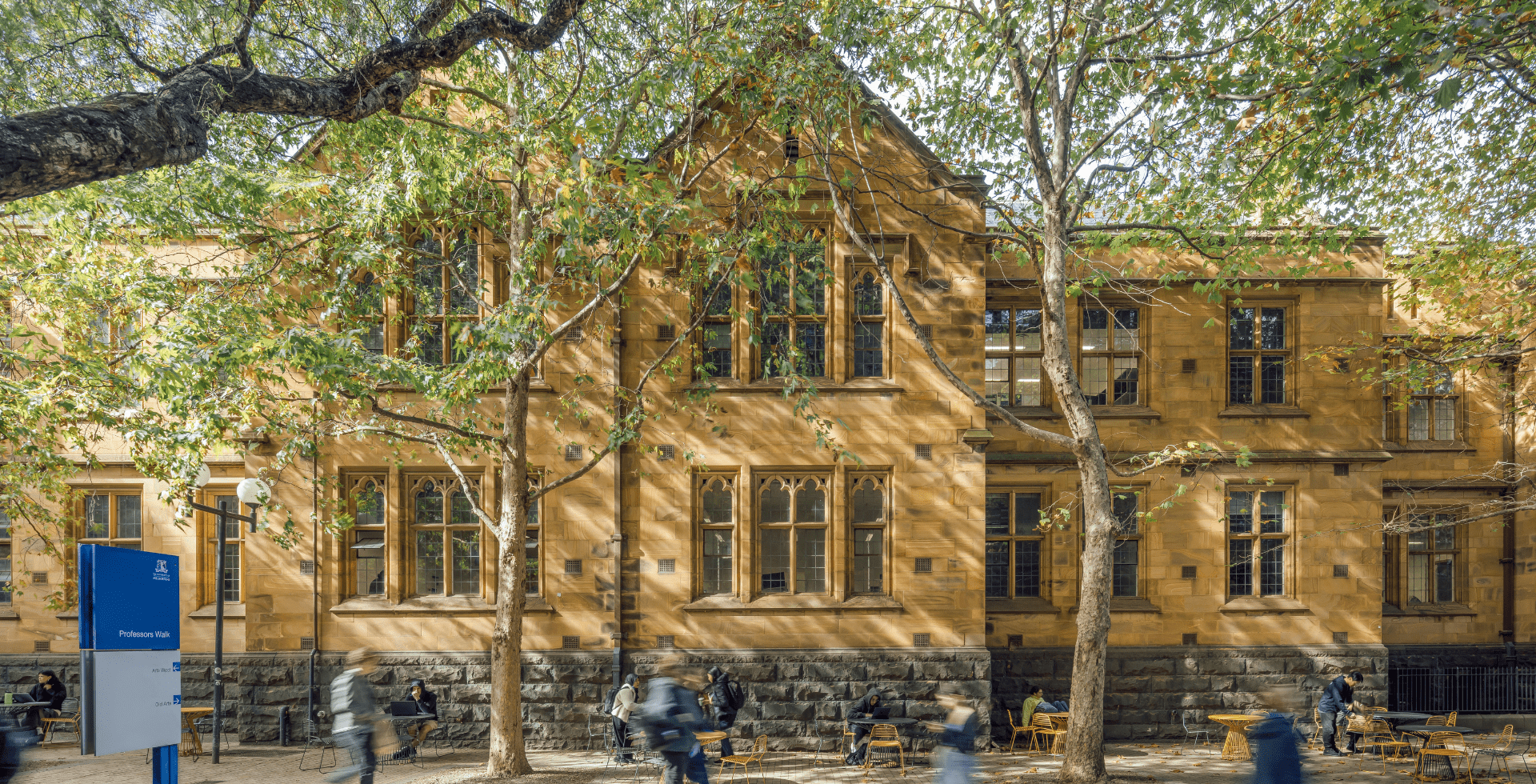
Katherine Molyneux
Katherine Molyneux (PhD in History, 2023) ‘Getihu: Peddlers, Cadres, Housewives and Everyday Exchange in the Chinese City of Nanjing 1949–1985′
In the early 1980s, a growing number of small merchants and peddlers appeared on the streets of China’s cities. They became known as ‘getihu‘. The getihu were early symbols of the new era of ‘Reform and Opening Up’ that emerged in China in the late 1970s and early 1980s. Nearly thirty years after the founding of the People’s Republic of China as a communist state in 1949, the ruling Chinese Communist Party tentatively introduced market-based reforms which would eventually unleash the Chinese economy and change both China and the world.
Focusing on the city of Nanjing, this dissertation draws from a broad range of written sources including newspapers, archival documents, annals, government collections, and discarded official records to explore the getihu and their historical antecedents. Told chronologically, it explores the path from the small merchants, peddlers, and handicraftsmen of Republican Nanjing, through the socialist years dominated by the leadership of founding Chairman Mao Zedong, to the getihu of the 1980s.
It shows that small-scale private commerce had originally played a vital role in the everyday life of Nanjing. That vital role persisted long into the socialist ‘Mao era’ (1949–76). Ultimately, however, Nanjing’s urban culture of independent commerce and everyday exchange came into conflict with a new model for city life centred on the planned economy and the state workplace (or danwei). By the start of the Cultural Revolution in 1966, successive waves of ideological campaigns, industrial expansion and unpredictable regulation had pushed small merchants into an increasingly marginal position in everyday life in Nanjing. The rigid socialism of the Cultural Revolution finished the job, and peddlers and other merchants almost disappeared from Nanjing’s streets after 1966.
The goods and services Nanjing’s small merchants had once provided were never satisfactorily replaced. By the late 1970s, problems of inconvenience and unemployment were acute. The final chapters of this dissertation will suggest that the market reforms introduced after Mao’s death in 1976 were as much a belated concession to the everyday needs of urban citizens as they were to ‘capitalism.’ The getihu quickly found a market in Nanjing, offering the same breakfast foods and petty repairs that had been popular decades before. But the intervening decades had changed the operating environment. The vibrant private sector of the 1980s in China was largely rural. In cities, small merchants remained social and economic outsiders. Their goods and services were welcome, but they were not.
Supervisors: Professor Antonia Finnane, Professor Christine Wong (Asia Institute)